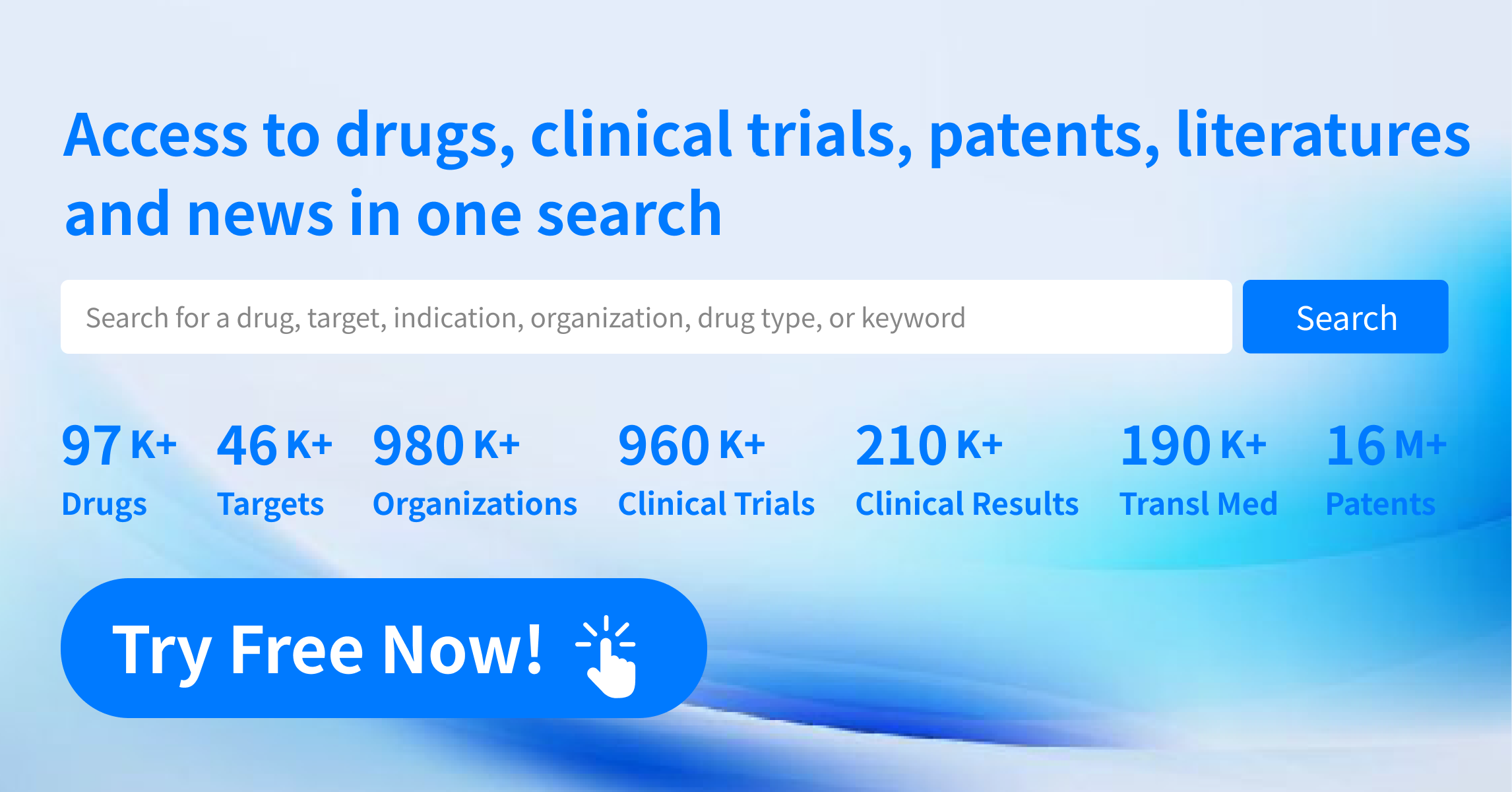Hope Medicine's "World's First" PRLR Monoclonal Antibody Announces Latest Phase 2 Clinical Progress
Recently, Hope Medicine (HopeMed) announced positive interim results from a Phase 2 study of HMI-115 in women with moderate to severe endometriosis-associated pain. HMI-115 is a monoclonal antibody targeting the prolactin receptor (PRLR) with a globally unique therapeutic mechanism. The company plans to quickly advance to a global Phase 3 trial so that patients can benefit from HMI-115 treatment as soon as possible.
Latest Research Data
The Phase 2 study is an international, multicenter, randomized, double-blind, placebo-controlled trial designed to evaluate the safety and efficacy of HMI-115 in women with moderate to severe endometriosis-associated pain over a 12-week treatment period. The study involved 142 female patients from the United States, Poland, and China. The interim analysis showed:
·Compared to the baseline, the 240 mg q2w group experienced a 42% reduction in average dysmenorrhea pain scores
·A 50% reduction in average non-menstrual pelvic pain scores.
·Most patients reported normal menstruation.
·No typical perimenopausal symptoms were reported.
·There were no significant changes in bone mineral density and sex hormone levels, including estradiol, LH, FSH, and progesterone.
About HMI-115
HMI-115 non-competitively blocks PRLR-mediated signaling and has been granted Breakthrough Therapy Designation by the National Medical Products Administration (NMPA) in China for the treatment of moderate to severe pain associated with endometriosis. Initially developed by Bayer, Hope Medicine signed a global exclusive licensing agreement for the development and commercialization of HMI-115 (BAY 1158061) across multiple indications.
Beyond the endometriosis indication, the company has completed a Phase Ib study assessing the safety, tolerability, and efficacy of HMI-115 in treating androgenic alopecia. The study showed that the average non-vellus target area hair count (TAHC) increased by 14 hairs/cm² from baseline in two male patients, and the drug was safe and well-tolerated.
About PRLR Drugs
The prolactin receptor (PRLR) is part of the class 1 cytokine/hematopoietic receptor superfamily and is widely expressed in the immune system, including monocytes, lymphocytes, macrophages, NK cells, granulocytes, and thymic epithelial cells. Research indicates that PRL is associated with autoimmune diseases, breast cancer, prostate cancer, ovarian cancer, pancreatic cancer, and endometrial cancer.
Upon ligand binding, PRLR undergoes conformational changes that activate multiple downstream signaling pathways, including the Jak2/Stat5 and Jak1/Stat3 pathways. Activation through Src family kinases and focal adhesion kinase (FAK) can also lead to the induction of PI3K/Akt and Raf/MEK/ERK pathways in cancer cell lines. According to incomplete statistics, fewer than ten PRLR-targeted drugs are currently under development.
About Endometriosis
Endometriosis is a common condition among women of reproductive age and is characterized as a hormone-dependent disease. Its clinical manifestations are diverse, with pain (often related to menstrual cycles) and infertility being the most significant and impactful. Endometriosis substantially affects patients' physical, psychological, sexual, social, and reproductive well-being, imposing a heavy burden on families, society, and national economies.
It is estimated that approximately 190 million women worldwide have endometriosis, representing a market size of around $200 billion.
Current treatment options for endometriosis mainly include surgery and medication, neither of which can offer a fundamentally effective, safe, and long-term treatment. Surgical treatments can remove visible lesions, but due to the unclear pathogenesis of the disease, postoperative recurrence rates remain high (with an annual increase of 10% and an accumulated five-year recurrence rate of 50%). Surgery may also lead to bowel, urinary tract, and vascular complications. Available medications (common drugs include NSAIDs, combination oral contraceptives, progestins, and GnRH agonists) have various shortcomings, and patients may discontinue treatment due to inadequate efficacy or intolerance to side effects, leading to uncontrolled and recurrent disease.
About Hope Medicine
Hope Medicine is a science-driven, clinical-stage innovative biopharmaceutical company. It is built upon the deep understanding and decades of research achievements in translational medicine by Professor Xiaoruiping, Dean of the College of Future Technology at Peking University, and his team. The company is dedicated to the research, development, and commercialization of first-in-class drugs aimed at addressing common and major diseases that pose significant threats to human health.
How to obtain the latest research advancements in the field of biopharmaceuticals?
In the Synapse database, you can keep abreast of the latest research and development advances in drugs, targets, indications, organizations, etc., anywhere and anytime, on a daily or weekly basis. Click on the image below to embark on a brand new journey of drug discovery!




